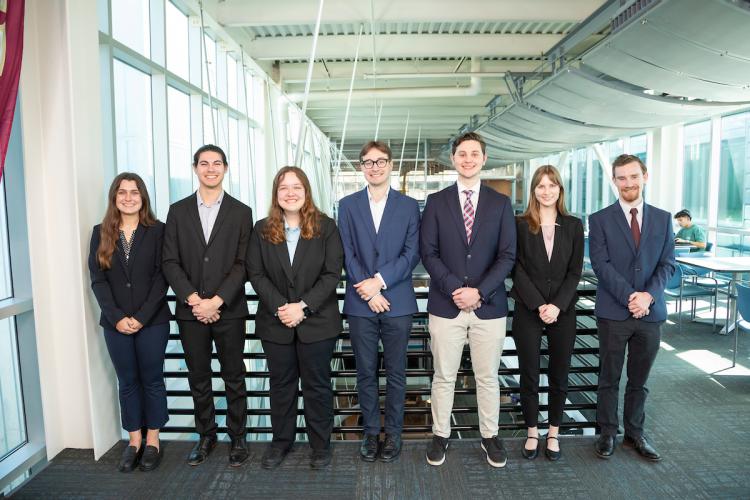
The prolific production of plastics—exceeding 8 billion metric tons worldwide as of 2022— has become an environmental problem. These materials are useful because they are cost-effective and have diverse desirable properties. But these plastics end up in water and food supplies and natural ecosystems. In the US, less than 9% of plastic waste undergoes recycling. Polyolefins such as linear polyethylene (HDPE), form most of the world’s plastic waste. Polyolefins are chemically inert, so chemical recycling and industrial composting are not economical options. Simultaneously, technological advancements in manufacturing are changing how industries produce consumer goods. Specifically, additive manufacturing and 3D printing techniques are now used to produce products, decrease material waste and maintain efficient operating processes. In the last decade, 3D printing has exploded in popularity across multiple industries to produce prototypes, spare parts and other components. The popularity of 3D printing, combined with the need to reduce the amount of plastic waste that enters landfills and natural ecosystems, made us curious about the intersection of these fields. To combine these two trends into a single sustainable idea, we investigated recycling singleuse plastics into usable 3D printing filament. Our experimental process included collecting, sorting and processing recycled materials from waste management partners and extruding these materials into filament. We 3D printed the filament into various shapes, objects and test samples to evaluate its mechanical characteristics and compare the properties of different filament types. Recycling single-use plastics into filament promotes cyclical recyclability and reduces the environmental impacts of single-use plastics. Additionally, utilizing recycled materials in additive manufacturing and 3D printing production are desirable technologies for industrial sustainability and governmental recyclability initiatives.
Lauren Bishop, Nickolas Boyd, Shelby Evans, Clay Kramer, Jeremy Newman, Emma Pollard, Ethan Wood
Robert Wandell, Ph.D.
FAMU-FSU College of Engineering
Spring
